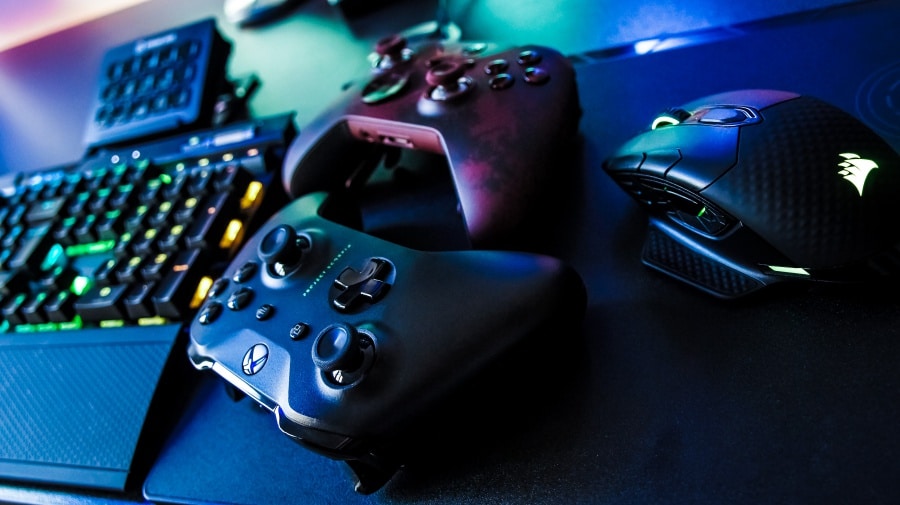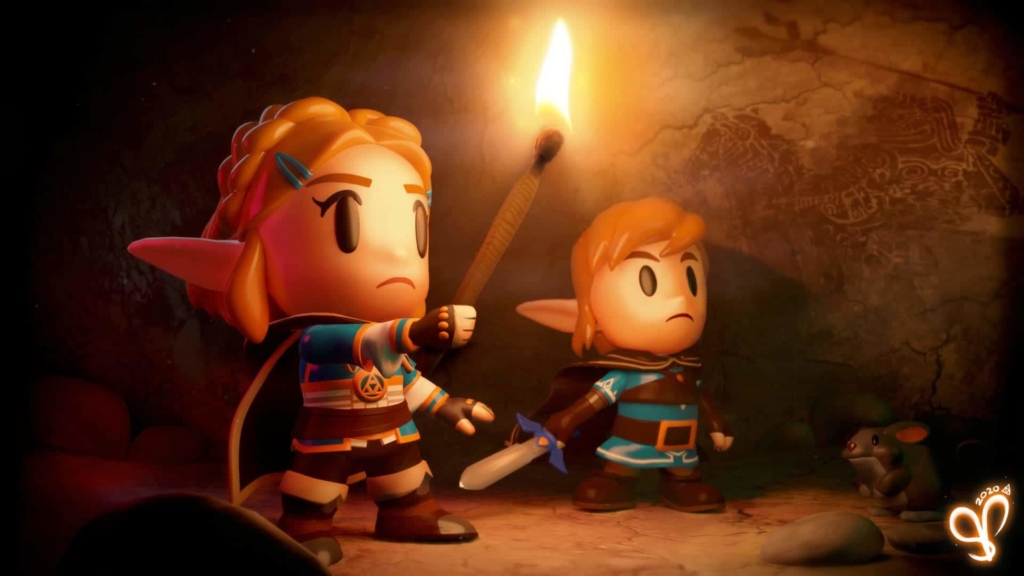COVID Effect – Will The Gaming Industry Boom Last?
March 2020, the UK entered its first lockdown period, and the whole world began its response to the virus, but how would this come to affect the gaming industry?
The nation and most of the world took to their homes, and the number of hours people spent indoors increased dramatically. Again, in the second UK lockdown in winter 2020 and throughout tiered pandemic restrictions, the number of time people were spending on indoor activities skyrocketed. Admittedly, many of those hours were spent working from home, completing home improvement jobs, and caring for children. But, according to Deloitte’s 2020 digital media trends survey, almost a third of consumers have subscribed to a video gaming service, used an online gaming service, or watched esports or a virtual sporting event.
Now, with the end of lockdown and COVID restrictions getting ever closer worldwide, it’s important to ask the questions that will matter most to consumers and the gaming industry as a whole. How much has gaming increased by and how? Perhaps developers and publishers could take advantage of the situation, or perhaps it was a fluke. And how will they keep the increased activity and interest up even when the UK finds ways to get back out into the world and out of the house?
Exactly How Much Has Gaming Popularity Increased?
As we mentioned, the increase in gaming popularity has been significant enough for everyone to notice. The exact numbers reveal even more interesting insights, though.
A new survey has found the global gaming population is likely to have increased by a net of 4% since the outbreak of COVID-19. While many global economists have seen the pandemic as a massive global threat to economic growth, the social distancing aspect has carved out a unique gap in the market. With many friends and family unable to meet in person for parties, dinners, or events, people are turning to digital socialising methods, and video games have been the world’s answer.

According to the study Simon-Kucher conducted, gamers are spending 39% more on gaming during COVID than prior, and they expect to spend 21% more in a post-COVID world. This means that out of over 13,000 respondents, gaming has become an important way of reconnecting and relaxing. In many regions globally, spending may stay at this higher level in the gaming industry even as lockdown regresses. The study by Simon-Kucher also confirmed that while the statistics were indeed partially made up of existing gamers spending more time and money to stay entertained, the situation had already also created a relatively large number of new gamers, with 1% of survey participants being first-time gamers since the COVID-19 restrictions.
Games and Hardware Releases Affected
When it comes to how significant this increase in-game interest is, the statistics speak for themselves. But games and hardware releases have also been affected both positively and negatively. Some games may have seen delays due to COVID-related staff shortages, while newly launched hardware has seen huge spikes in interest.
The Nintendo Switch is an outstanding example of the COVID effect in action for a recently released piece of hardware. In the wake of the UK lockdown, the Switch saw record orders due to people staying at home and trying to stay occupied. Nintendo saw an amazing 400% increase in the first fiscal quarter profits of June 2020. Animal Crossing New Horizons was a huge advocate in this upsurge.
The popular game’s marketing campaigns began to focus more heavily on the online play aspect for the Switch Lite consoles and the co-op play experience with detachable joy-cons and TV docking for the original Switch console. With over 5 million Switch consoles being shipped by the Japanese gaming giant, it amounted to a 106% purchase spike in Europe alone.
The Legend of Zelda: Breath of the Wild was one of Nintendo’s next lockdown successes, as it also took advantage of its popular consoles as well as making itself accessible to new gamers who might have already picked up Animal Crossing. Zelda was framed as an exploration-style adventure game and appealed to a wider audience.
Cyberpunk 2077 is another great case study to show the effects of the global lifestyle changes. Throughout the early battles with coronavirus, gamers existing and new both had one game held up on a pedestal as something truly great to spend their lockdown time on. The Warsaw-based CD Projekt Red initially delayed release due to the issues caused by the situation. Small changes needed in the development of the game would require hours instead of minutes due to the staff mostly working from home and making collaboration that much more difficult.

When the game was finally released amid huge impatience and alleged urges from the publishers and investors to release as soon as possible, there was a slurry of disappointment. Gamers who had been waiting months for Cyberpunk found the game feel ‘unfinished’, with glitches and messed up animations galore. This has led to speculation that the game’s release was wrongfully sped up due to the COVID gaming surge. Perhaps Cyberpunk 2077 can warn other developers and publishers that rushing to take advantage of the COVID effect can backfire badly.
How Will the Industry Keep it Up?
Right now, the big names in the industry will be asking themselves what they can do to extend the lifespan of this gaming boom. If the evidence we’ve discussed is taken as standard, then there would seem to be a checklist for lockdown success. The gaming industry would need to:
- Time their marketing perfectly
Whenever a new national lockdown is announced, gamers head to the internet. With marketing that’s carefully targeting pain points like social connection and distraction, game and hardware releases have had huge success.
- Deliver a final product on time
If Cyberpunk has taught the industry anything, it’s that caving to pressure and delivering something unfinished isn’t the way to go. By setting a clear timeline that accounts for COVID difficulties, a finished product will be ready to fly off the theoretical shelves.
- Create games and gaming services that are accessible to new gamers
The statistics have shown that new gamers are an increasingly considerable part of the gaming audience now, and products should reflect this by being more accessible in-game to inexperienced gamers and walking in the footsteps of Zelda.
The Value of Gaming Revealed
The biggest takeaway the gaming industry could get from the COVID gaming boom is gaming’s true value. During a global lockdown with the majority of the population being forced to shelter at home, gaming has become a unique comfort, distraction, and way of getting in some crucial human interaction.
Even as the COVID effect recedes from the industry, the important role of gaming will be imprinted in the world’s mind.

